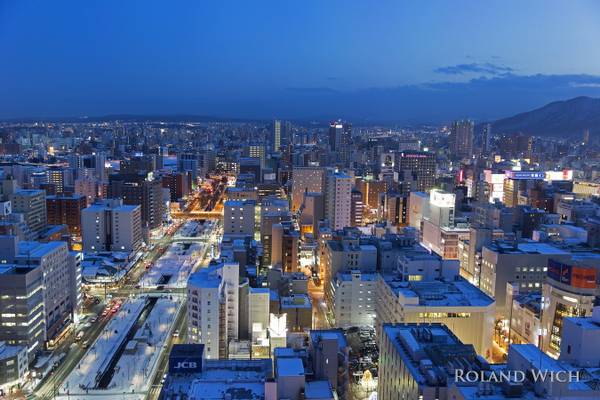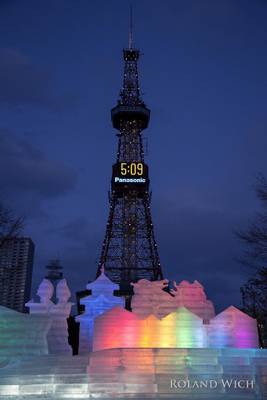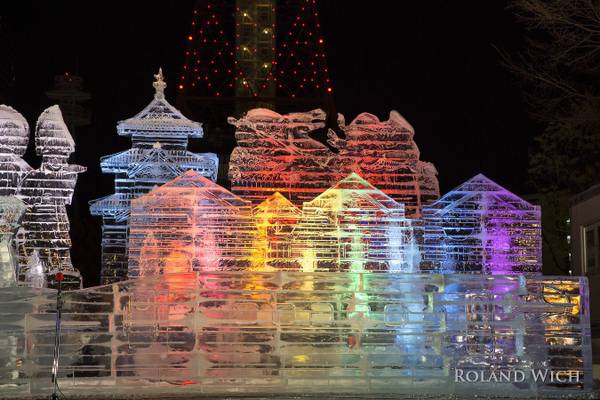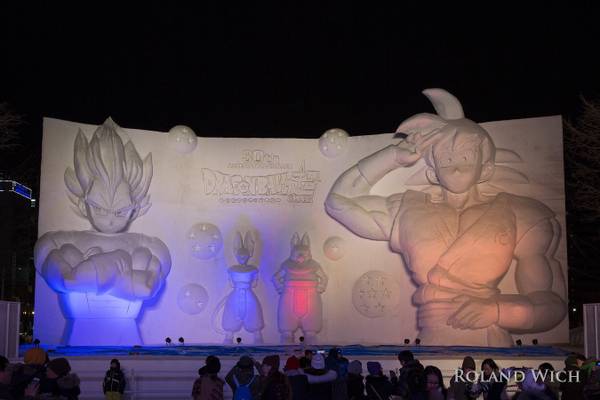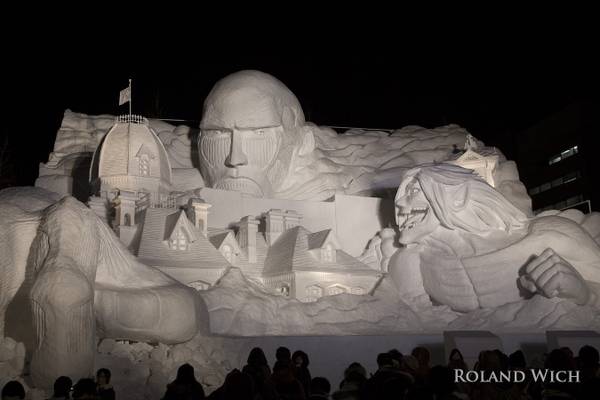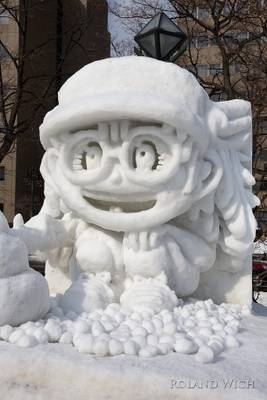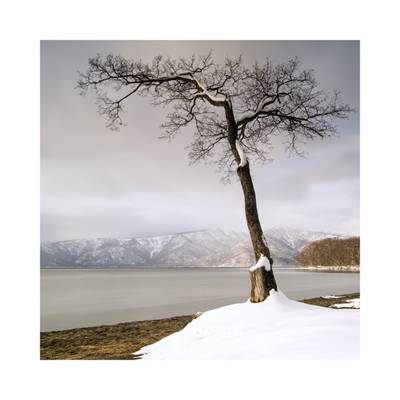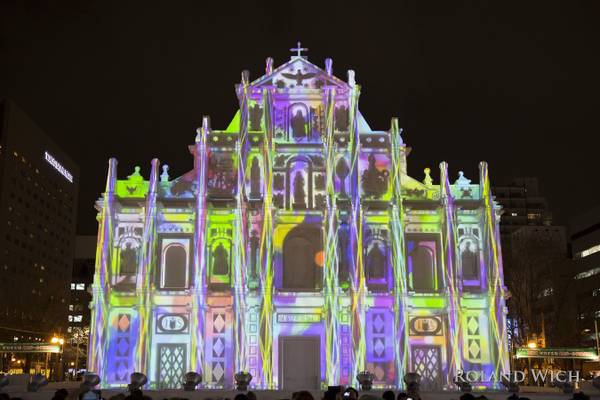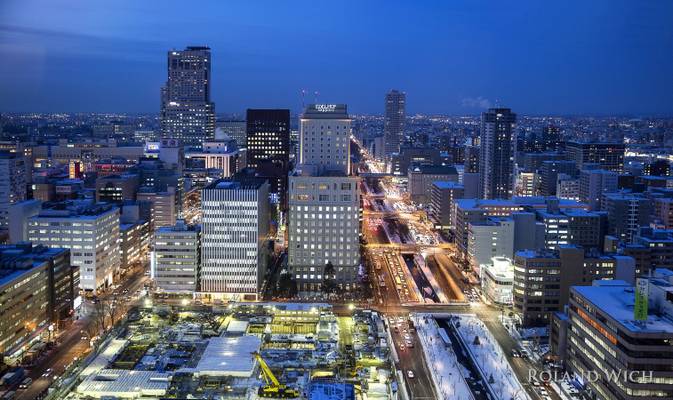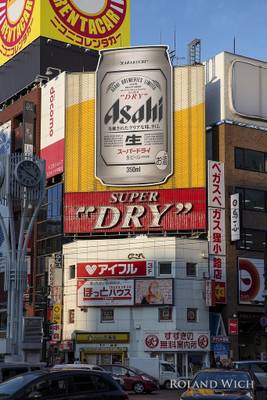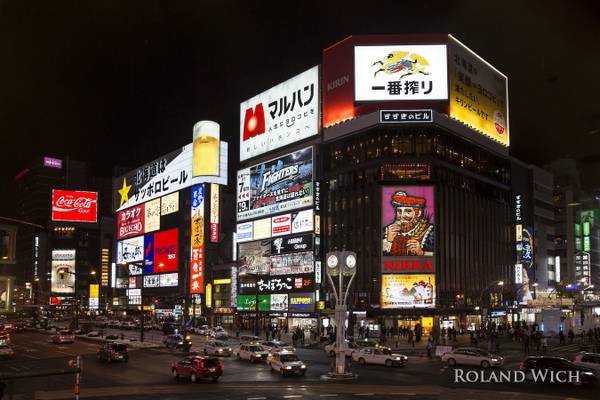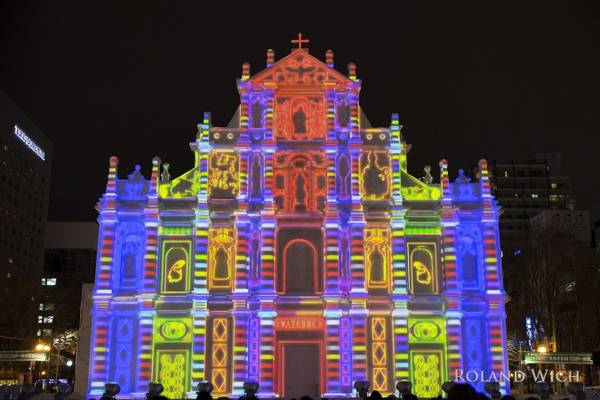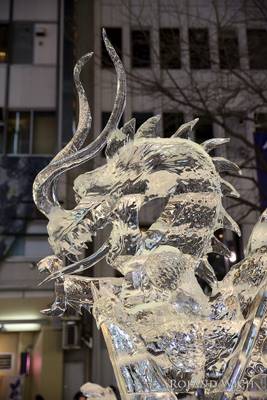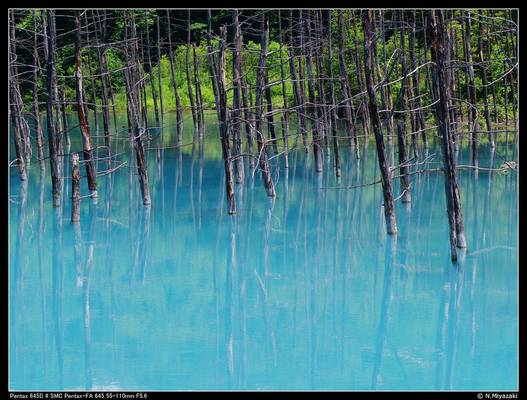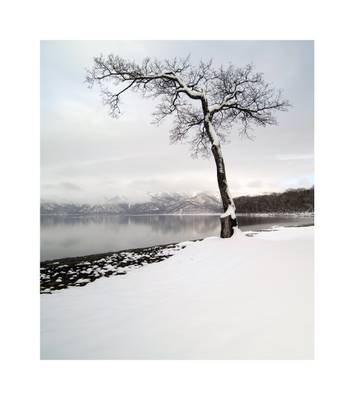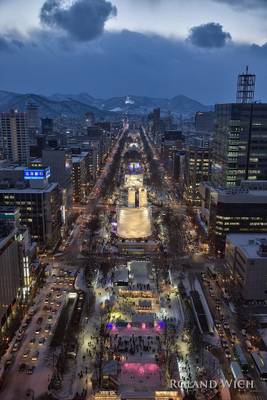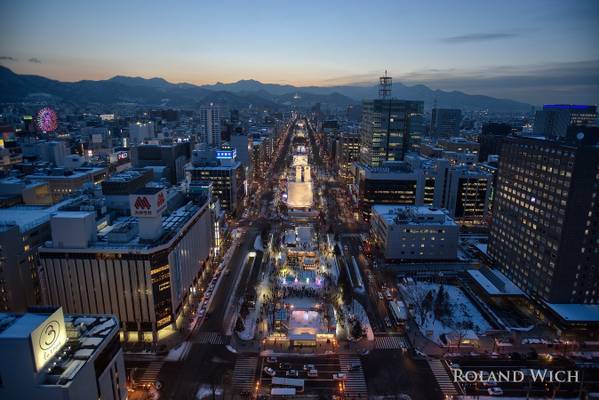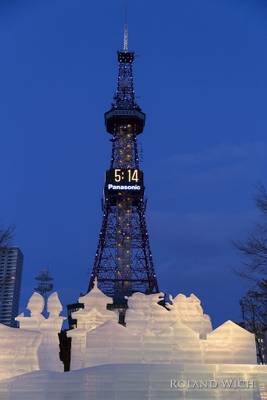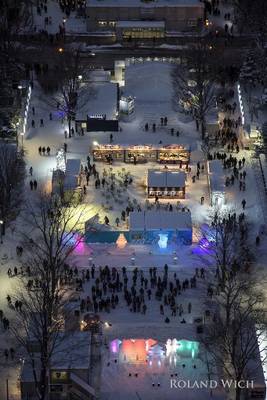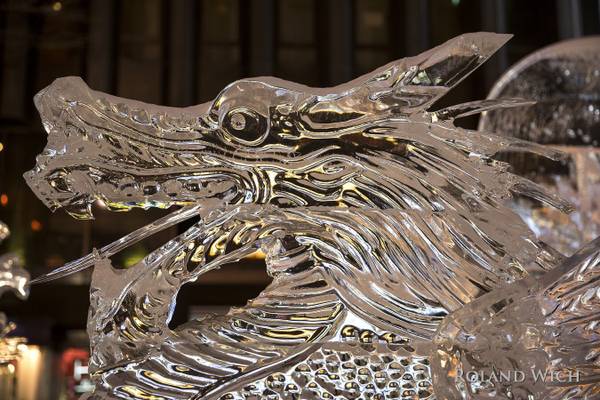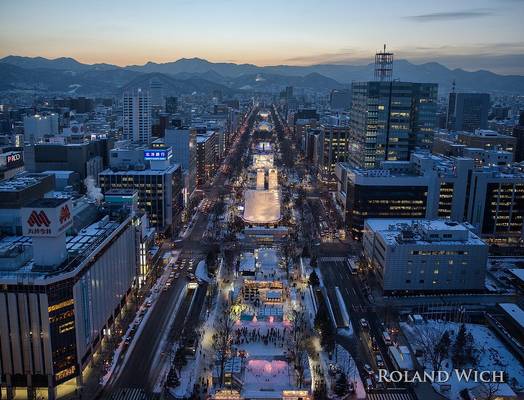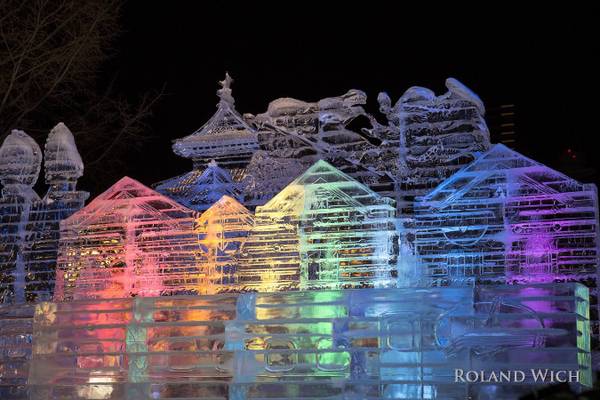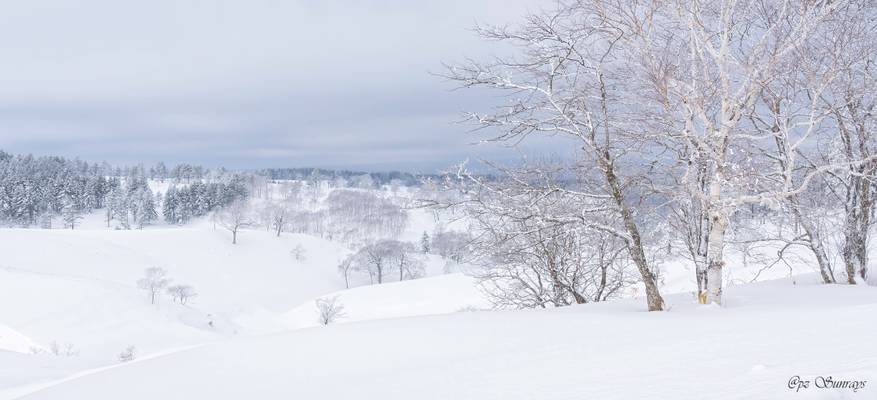
Hokkaidō Region

by PZ Sunrays
...in Hokkaido, Japan
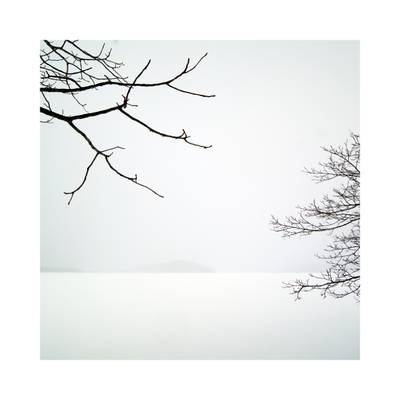
by Christian Seifert
A frozen lake Kussharo in mist conditions. Shot on a Pentax 645D in February, 2020.
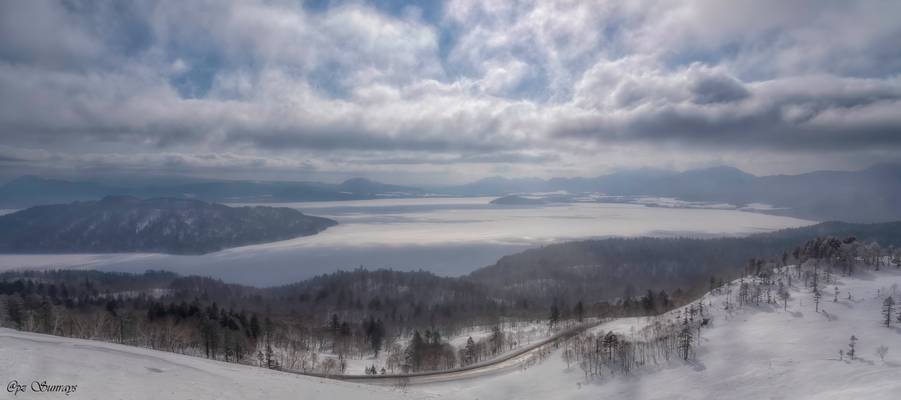
by PZ Sunrays
Lake Kussharo is a caldera lake in Akan National Park, eastern Hokkaido, Japan. It is the largest caldera lake in Japan by its surface area, covering a circumference of 57 kilometers. We were on the route 243 and managed to have a short stop. The lake was so big that I could not view it entirely at this location.
This partial overview was stitched with 4 images.
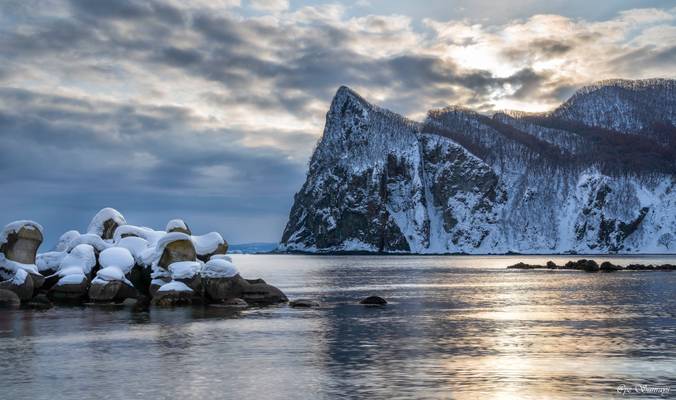
by PZ Sunrays
Cape Eboshi is located not far from Sapparo in Hokkaido. This natural promontory was shaped by thousands of years of uneven coastal erosion. With the triangle-shaped point, together with the snow clinging to more gradual surfaces, Cape Eboshi really stands out on the northwest coastline of Japan.
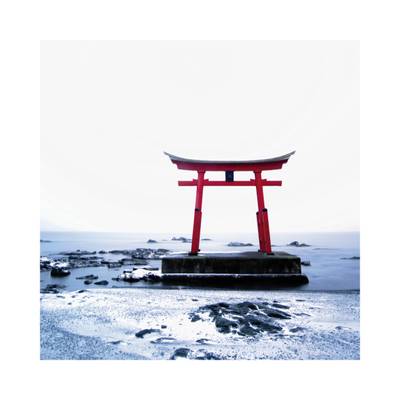
by Christian Seifert
Early, stormy morning in February 2020. Shot on a Pentax 645D
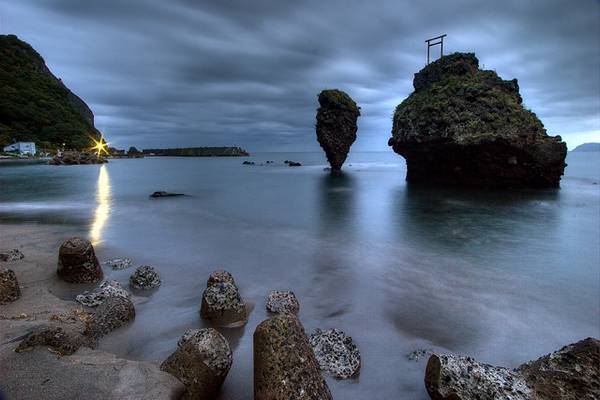
The gravity defying Ebisu rock, Shakotan peninsula, Hokkaido island Japan, on a stormy morning. Wide version with ugly concrete in the foreground.
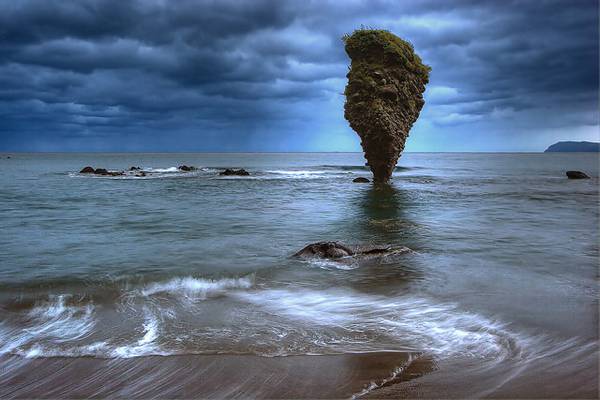
The gravity defying Ebisu rock, Shakotan peninsula, Hokkaido island Japan, on a stormy morning.
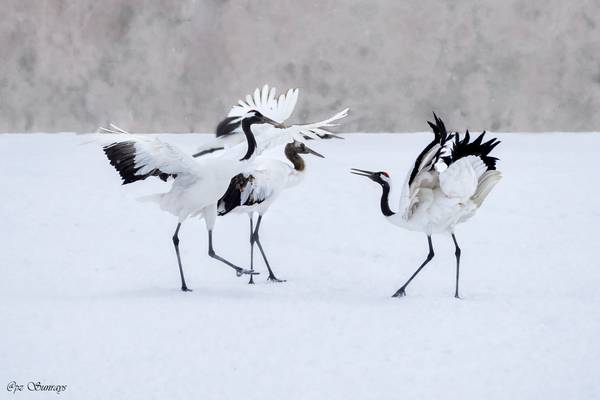
by PZ Sunrays
The red-crowned crane, also called the Manchurian crane or Japanese crane, is a large East Asian crane among the rarest cranes in the world. It is well known as a symbol of luck, longevity, and fidelity. Almost being extinct in Japan, now more than 600 red-crowned cranes live in Kushiro Hokkaido area.
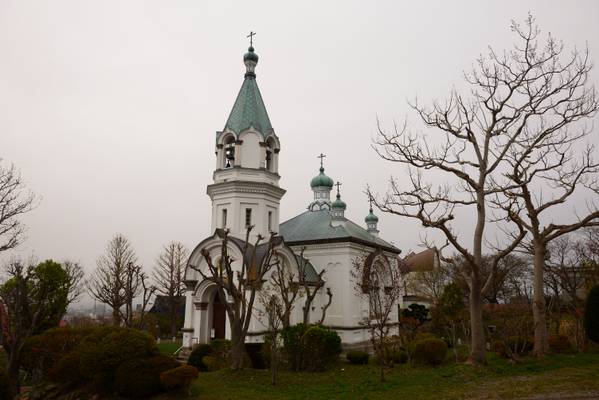
by Wallace
Hakodate Orthodox Church (函館ハリストス正教会), Hakodate (函館), Japan
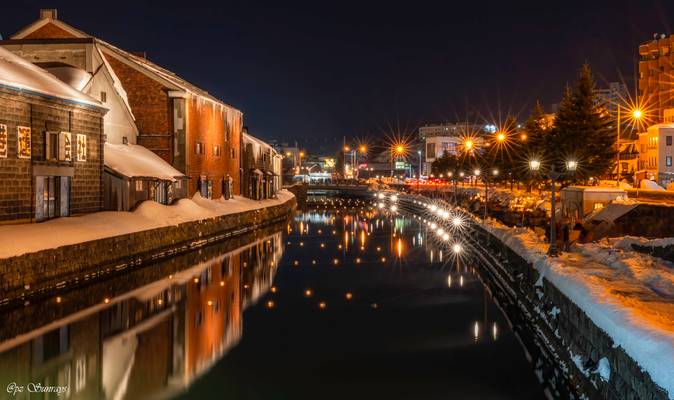
by PZ Sunrays
Otaru (小樽) is a port city in Hokkaido, Japan, northwest of Sapporo. The city is known for glassworks, music boxes and sake distilleries. The Snow Light Path Festival along its romantic Otaru Canal is a big attraction to tourists in winter time.
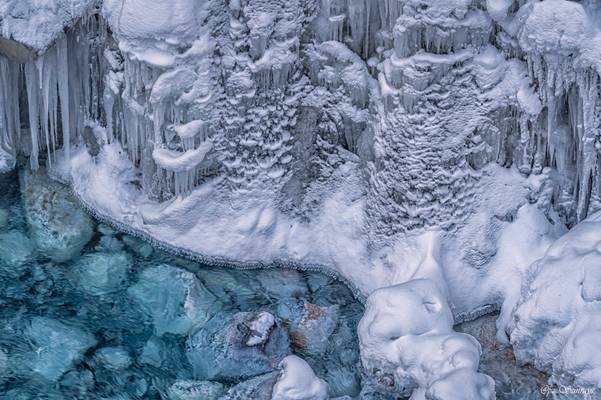
by PZ Sunrays
Shirahige Falls is situated 600 meters above sea level in Biei, Hokkaido. It is unusual for that its water flows from an underground river and cascading water turns cobalt blue in the basin. The waterfall is particularly stunning in the winter when frost-encrusted trees and shimmering icicles showcase the blue ravine below. The photo was a up-close view at the bottom of the fall.
The morning temperature was -20C when we took photos at the falls.
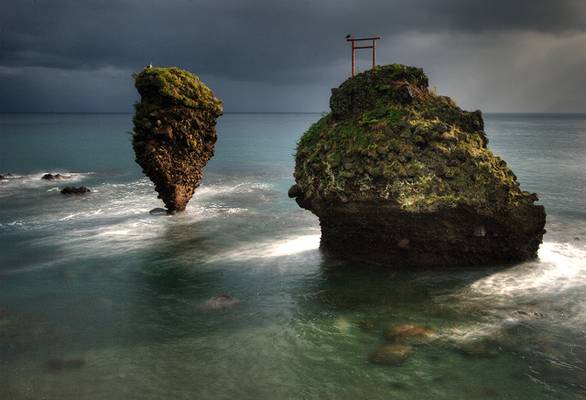
Ebisu and Daikoku rocks, Shakotan peninsula, Hokkaido island, Japan.
I merged a half second exposure with a 13 second exposure of the same place, to...
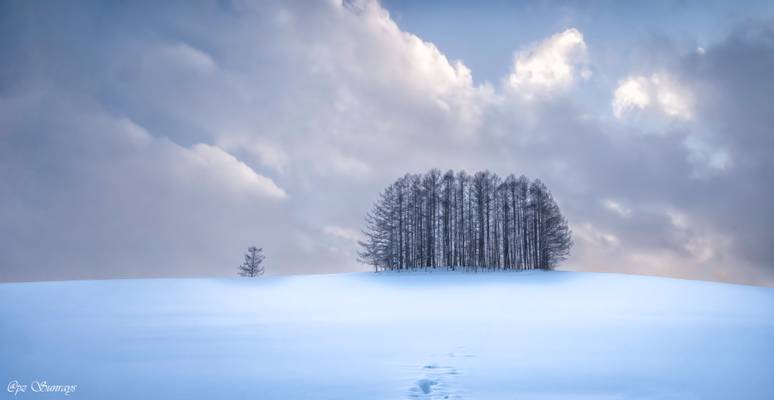
by PZ Sunrays
Many empty snowy fields, except some scattered solitary trees, can be seen along the way to Biei. It was about 6F when we got there.
Biei (美瑛) is a small town surrounded by gently rolling hills and vast fields in Hokkaido. Its population is estimated just a little over 10,000 people. Like its picturesque landscape in other seasons, Biei presents an unique beauty in winter time.
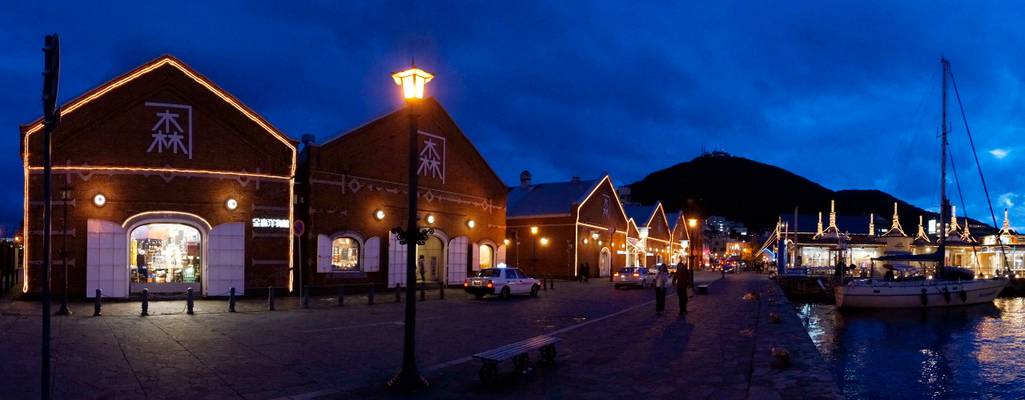
by Wallace
Panorama view of Kanemori Red Brick Warehouse (金森赤レンガ倉庫), Hakodate 函館, Japan
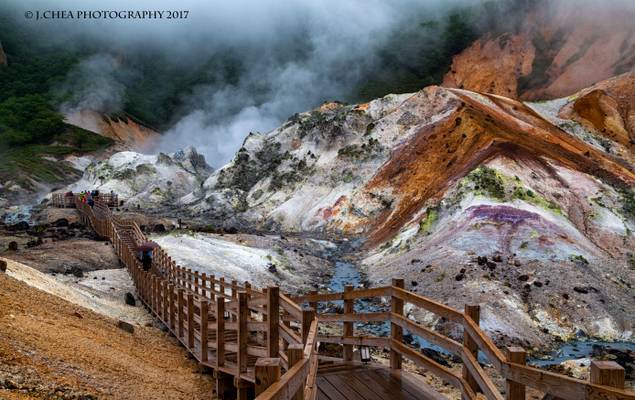
by J. Chea
Jigoku-Dani (Hell Valley) Shikotsu-Toya National Park Hokkaido, Japan
Even with such an ominous name, hell valley was definitely one of the most beautiful places in Hokkaido! The colours of the exposed minerals were spectacular and vibrant even on a gloomy foggy day. An added benefit was the steam from the vents just seems to blend perfectly with the fog and adds to the atmosphere. The massive 450m crater was formed 20,000 years ago when Mount Kuttara erupted. I have to say, I have grown to like volcanos and how photogenic they are. It reminds me of the great Tongariro Alpine Crossing hike that I did in North Island, New Zealand. It seems as though the places that could kill you are also often the most beautiful!
1 exp shot, edited in Lightroom and Photoshop Comments and constructive criticisms are appreciated!
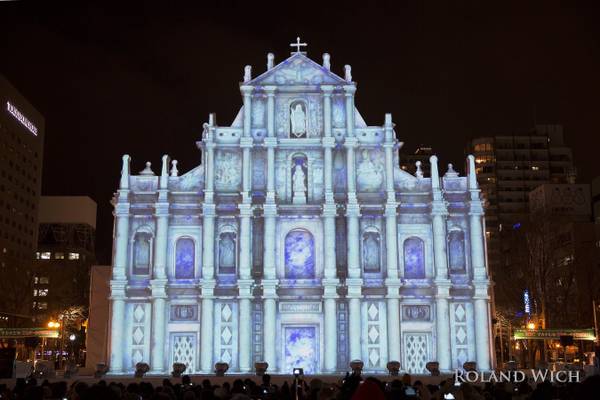
Projection mapping on a snow copy of St. Paul‘s sponsored by Macao tourism board
Thanks to all Phoide contributors to Hokkaidō Region!
Most notably PZ Sunrays, Christian Seifert and Wallace.
